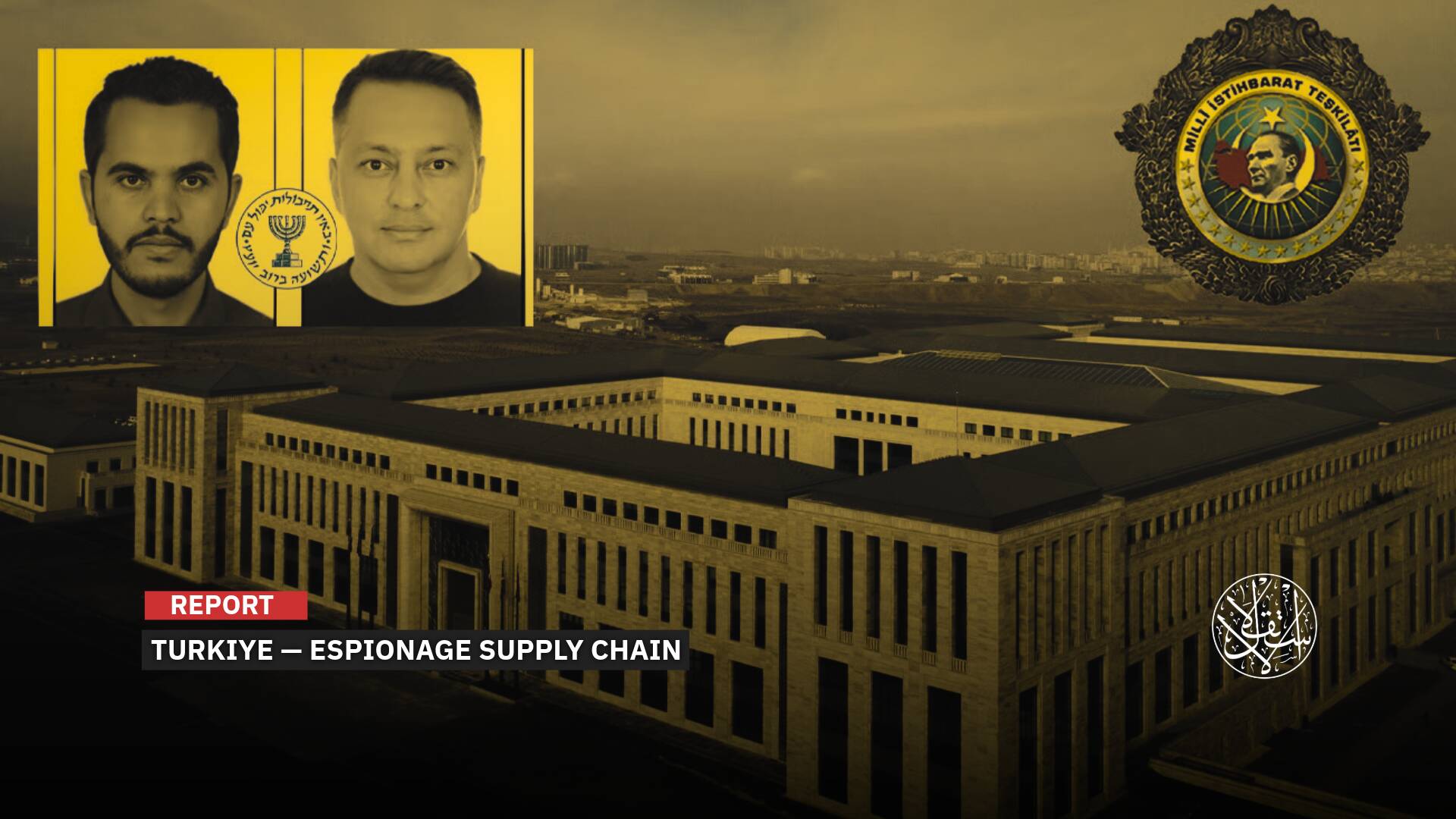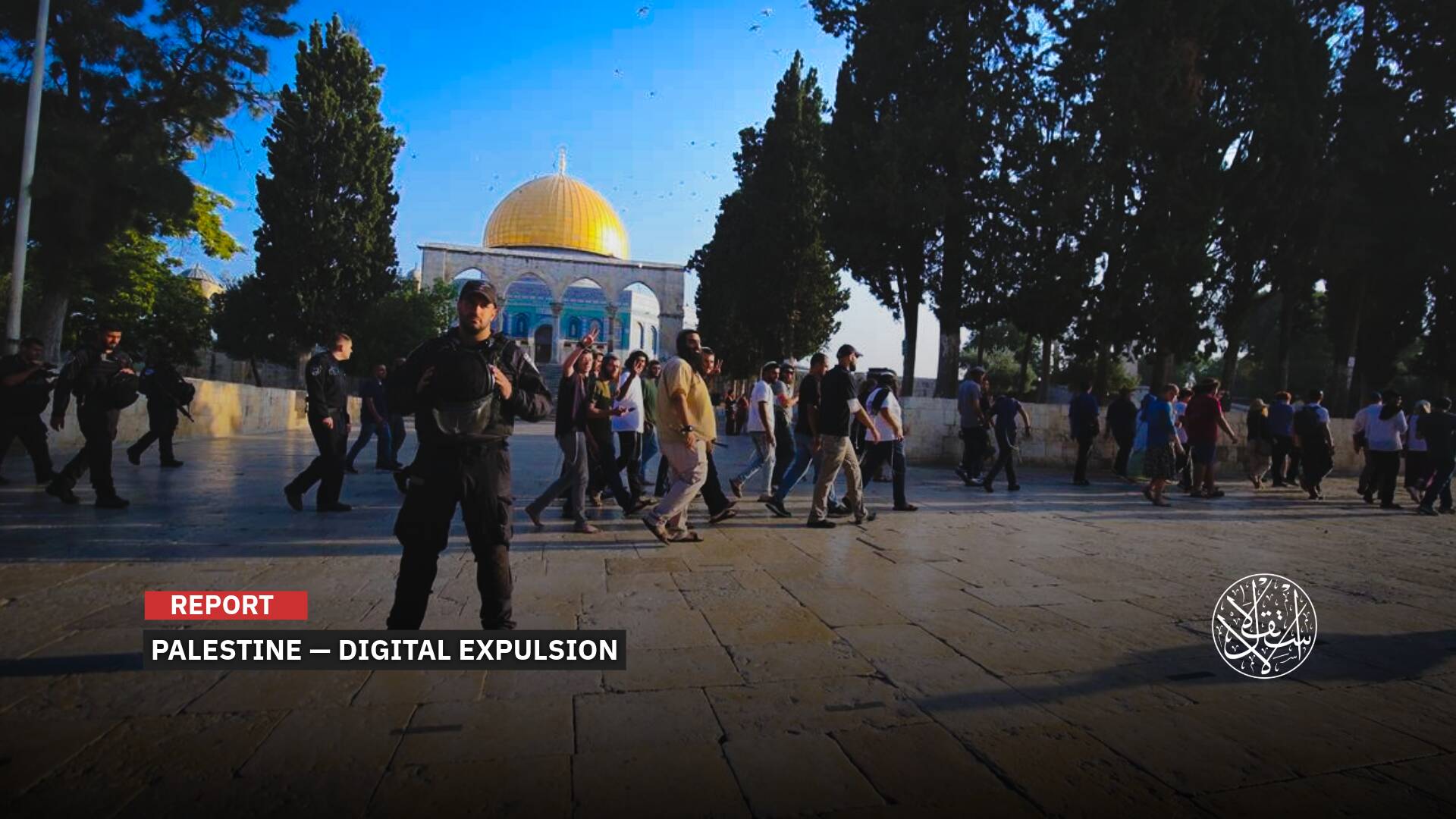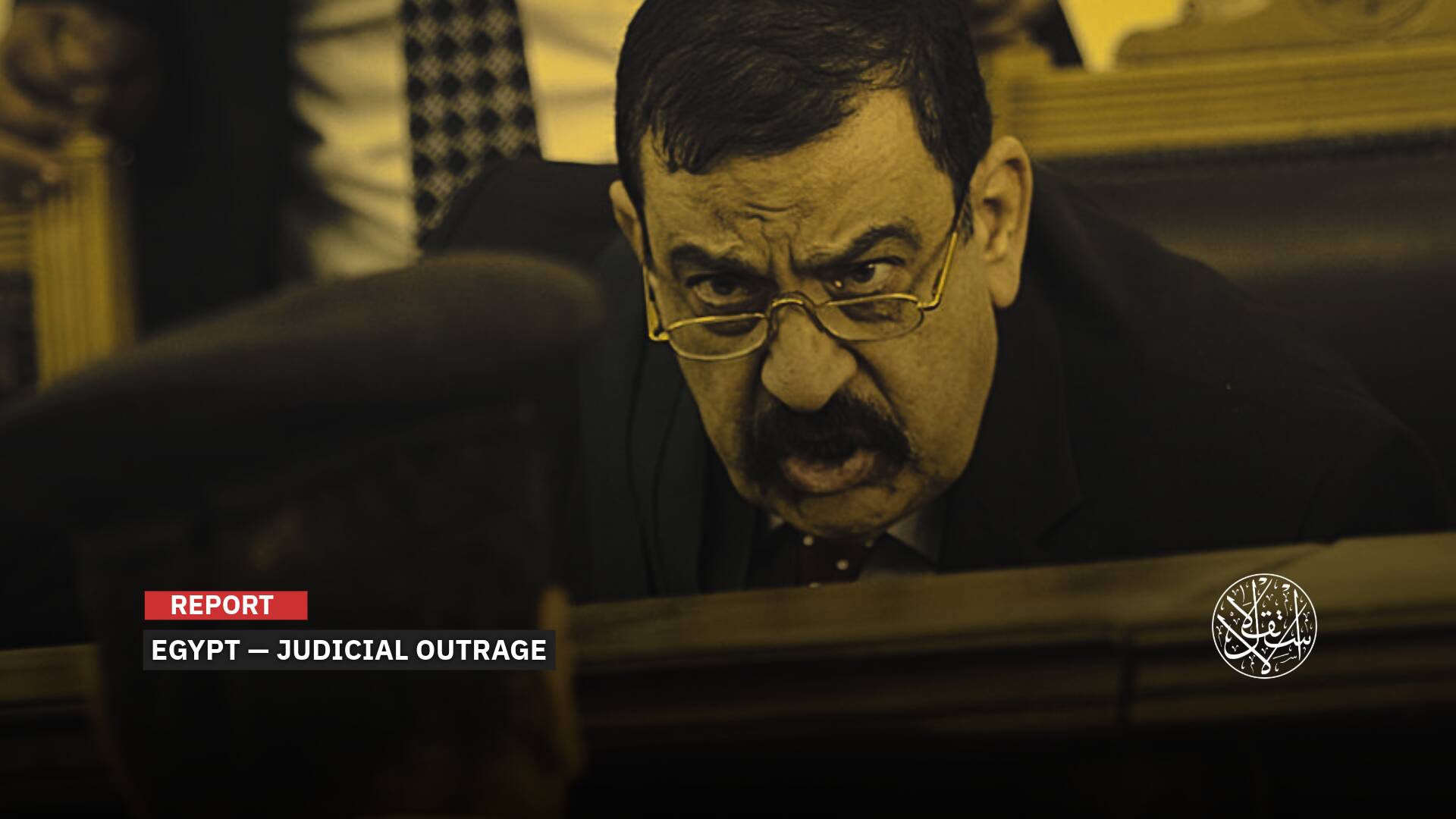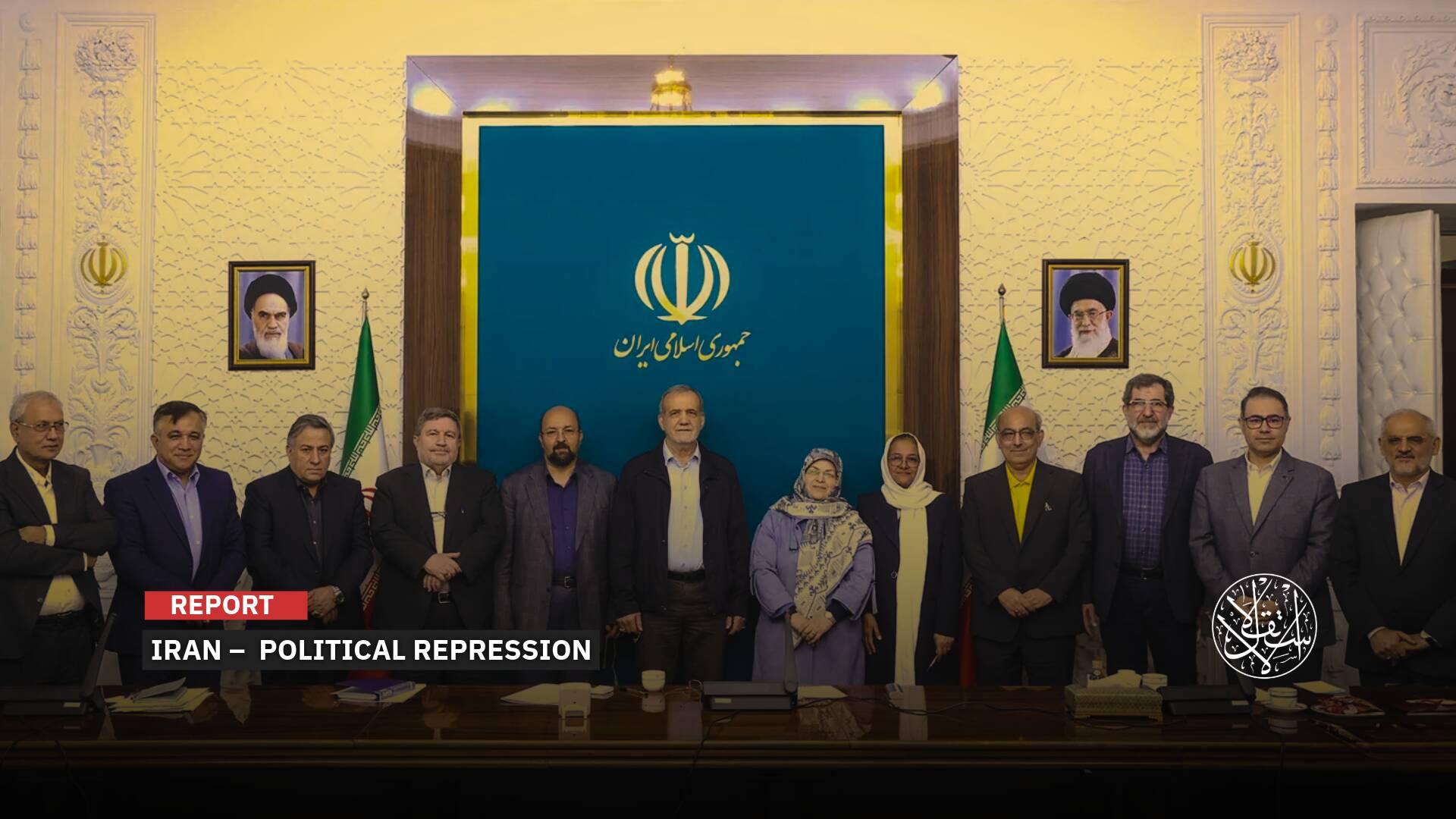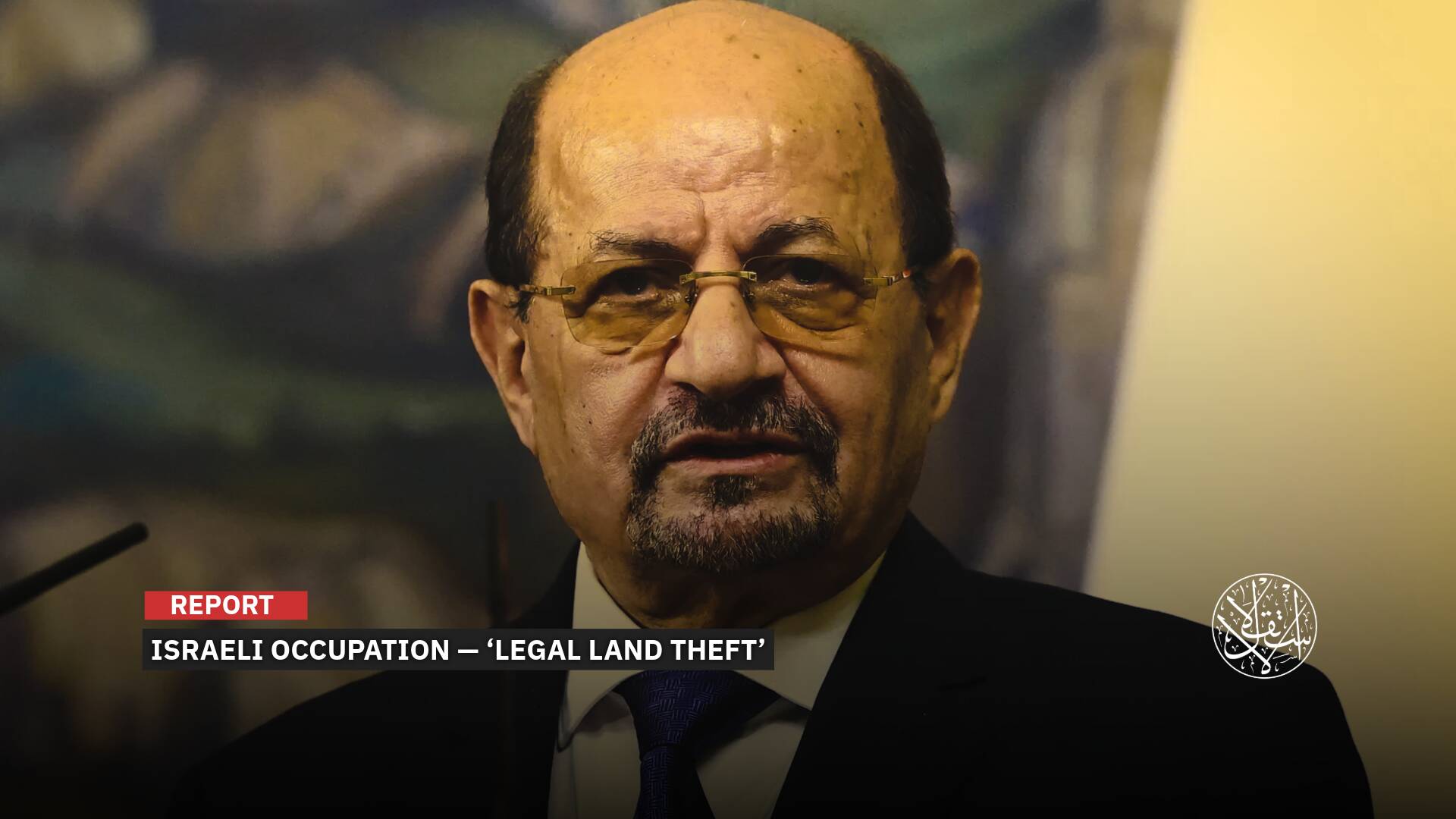Punitive Measure: What Does the Return to Evacuated Settlements in the West Bank Mean?

Gallant's decision means the return of settlers to four settlements that were evacuated and dismantled in the northern West Bank.
Shortly after three European countries announced their recognition of the State of Palestine, “Israel” responded with a new step further diminishing the dream of a Palestinian state by opening more land to settlers.
On May 22, 2024, Israeli war minister Yoav Gallant announced the repeal of the Disengagement Law in the northern West Bank, implementing a decision made by the Knesset (Israeli parliament) on March 21 of the same year.
This move allows Israelis to return to settlements evacuated under the repeal of the unilateral Disengagement Law or the Disengagement Plan implemented by Ariel Sharon's government in 2005.
The decision followed the recent recognition of the State of Palestine by Ireland, Spain, and Norway, which came into effect on May 28.
What Does It Mean?
Gallant's decision means the return of settlers to four settlements that were evacuated and dismantled in the northern West Bank: Ganim, Kadim, Homesh, and Sanur.
Sanur, Ganim, and Kadim were previously off-limits to settlers under the Disengagement Law, while settlers returned to the Homesh settlement in 2023, under an Israeli decision.

During former Prime Minister Ariel Sharon's tenure, amidst continuous military losses, “Israel” withdrew from Gaza settlements in 2005 under a unilateral plan known as "disengagement."
However, disengagement did not signify that Gaza and the West Bank were Palestinian territories, as “Israel” claims rights to both “from the river to the sea,” a slogan Palestinians use to demand all their lands occupied since 1948.
Therefore, after the withdrawal, “Israel” did not hand over areas of evacuated settlements in the West Bank to the Palestinian Authority, despite these areas being classified as (A).
The Oslo II Accord of 1995 divided the West Bank into three areas: "A" under full Palestinian control, "B" under Israeli security control and Palestinian civil and administrative control, and "C" under full Israeli civil, administrative, and security control, with Area "C" comprising about 60 percent of the West Bank.
"Tel Aviv" claims that it previously resorted to the plan due to demographic realities that necessitate disengagement to preserve the “purity of the state” and reduce friction with Palestinians.
At that time, thousands of settlers were evacuated from all Gaza Strip settlements and the four settlements in the northern West Bank, with the aim of protecting settlers from what were described as security risks.
The law stipulated that the four settlements would be closed military zones, prohibiting settlers from entering without permission from the Israeli Occupation army.
The plan also coincided with international pressure demanding “Israel” to withdraw from all Palestinian territories occupied in 1967, including East Jerusalem.
According to the Times of Israel on May 22, the repeal of the law will legally allow settlers to enter these areas, although any settlement activity must be authorized by the government.
Punitive Measure
Gallant's decision appears to be a punitive measure against the Palestinian Authority following the simultaneous recognition of the State of Palestine by Spain, Norway, and Ireland, which increased the number of countries recognizing it to 147 out of 193 UN member states.
This decision also coincides with a devastating attack on the Gaza Strip in October, resulting in over 116,000 Palestinian casualties, most of whom children and women, and about 10,000 missing amidst massive destruction and famine that has claimed the lives of children and the elderly.
“Israel” continues its aggression despite a UN Security Council resolution calling for an immediate ceasefire and the International Court of Justice's demand for immediate measures to prevent genocide and improve the humanitarian situation in Gaza.
Other indications suggest that Gallant made the decision hastily and as a reaction to the new wave of recognition of the Palestinian state, which "Tel Aviv" claims is a reward to Hamas following Operation al-Aqsa Flood.
Following Gallant's announcement, the head of the Central Command in the Israeli Occupation Forces, Yehuda Fox, quickly signed an order reclassifying these settlements as closed military zones.
Israeli Army Radio reported that Fox took this precautionary measure to prevent settlers from immediately flooding the sites and establishing settlements.
A military source, who remained unnamed, was quoted saying, there is a need for “a completely different security arrangement” in this area.
Allowing Israelis back “cannot be done overnight,” the source said. “We will also have to bring many additional forces to the area. It will take time.”
The Israeli army is already exhausting significant manpower to protect extremist settlers running a religious school in the Homesh settlement, according to the Times of Israel.
Mustafa Barghouti, Secretary-General of the Palestinian National Initiative Party, said that the "insane decision" is a retaliatory act and a hasty reaction from a government receiving one blow after another.
He pointed out that the decision came less than 48 hours after ICC Prosecutor Karim Khan charged Gallant and Prime Minister Benjamin Netanyahu with war crimes, which is a significant development.
"They are in a state of confusion and a kind of madness, making hasty reactions that do not reflect planned scientific thinking but a vengeful spirit like what we have seen in Gaza for months," Barghouti added to Al-Jazeera.
Settlement and Statehood
Through this decision, the Israeli Occupation aims to prevent the northern West Bank from becoming another Gaza by planting settlements and increasing the number of settlers.
In recent years, many military groups affiliated with Hamas, Islamic Jihad, and other factions have emerged in the northern West Bank. These groups occasionally carry out bombings and shootings against Israeli Occupation Forces and settlers.
This has made it difficult for the Israeli Occupation to conduct large-scale raids in the most dangerous areas for its forces, such as refugee camps, pushing it to use air power alongside ground incursions.
Commenting on the recent move, Hamas stated that the decision allows for "the rebuilding of evacuated Zionist settlements," which "continues the Israeli Occupation's settlement and aggressive policy, denying our people their rights to their land."
Hamas called on Palestinians in the West Bank to "intensify resistance to the Israeli Occupation's settlement policies and activate all forms and tools of resistance until the Israeli Occupation and its settlers are expelled from our land."
Notably, the Palestinian Authority, which is primarily responsible for what happens in the West Bank, did not comment on this escalation, indicating its lack of engagement with existential developments affecting the future of the Palestinian state and its citizens.
There are 451,000 settlers in 132 settlements and 147 outposts in the occupied West Bank, along with 230,000 in occupied East Jerusalem, according to the Israeli left-wing movement Peace Now.
The United Nations considers settlements in the occupied territories illegal and has been calling for their cessation for years, warning that they undermine the chances of resolving the conflict based on a two-state solution.
Increased settlement activity means tighter security control to facilitate the suppression of resistance in the West Bank and end any chance of establishing a future Palestinian state by consuming more land.
Political analyst Ayman al-Raqab says that following the decision, "we will witness another phase of weakening the Palestinian Authority because the Israeli Occupation will expand in those evacuated areas and the West Bank in general."
In a television interview, he explained that the Israeli Occupation wants to annex more land under its security control, and "we are on the verge of a significant expansion in settlements.
"The Israeli Occupation crams about 2.5 million Palestinians into areas classified as Area A, which represents about 16% of the West Bank, yet it wants to annex these areas and expel the Palestinians from them."
Israeli Finance Minister Bezalel Smotrich called on Prime Minister Benjamin Netanyahu to take measures against the Palestinian Authority due to its "unilateral actions against Israel."
In a letter sent to Netanyahu before the recent wave of recognitions, Smotrich requested the approval of thousands of housing units in settlements and the establishment of a settlement for every unilateral recognition of the Palestinian state.


